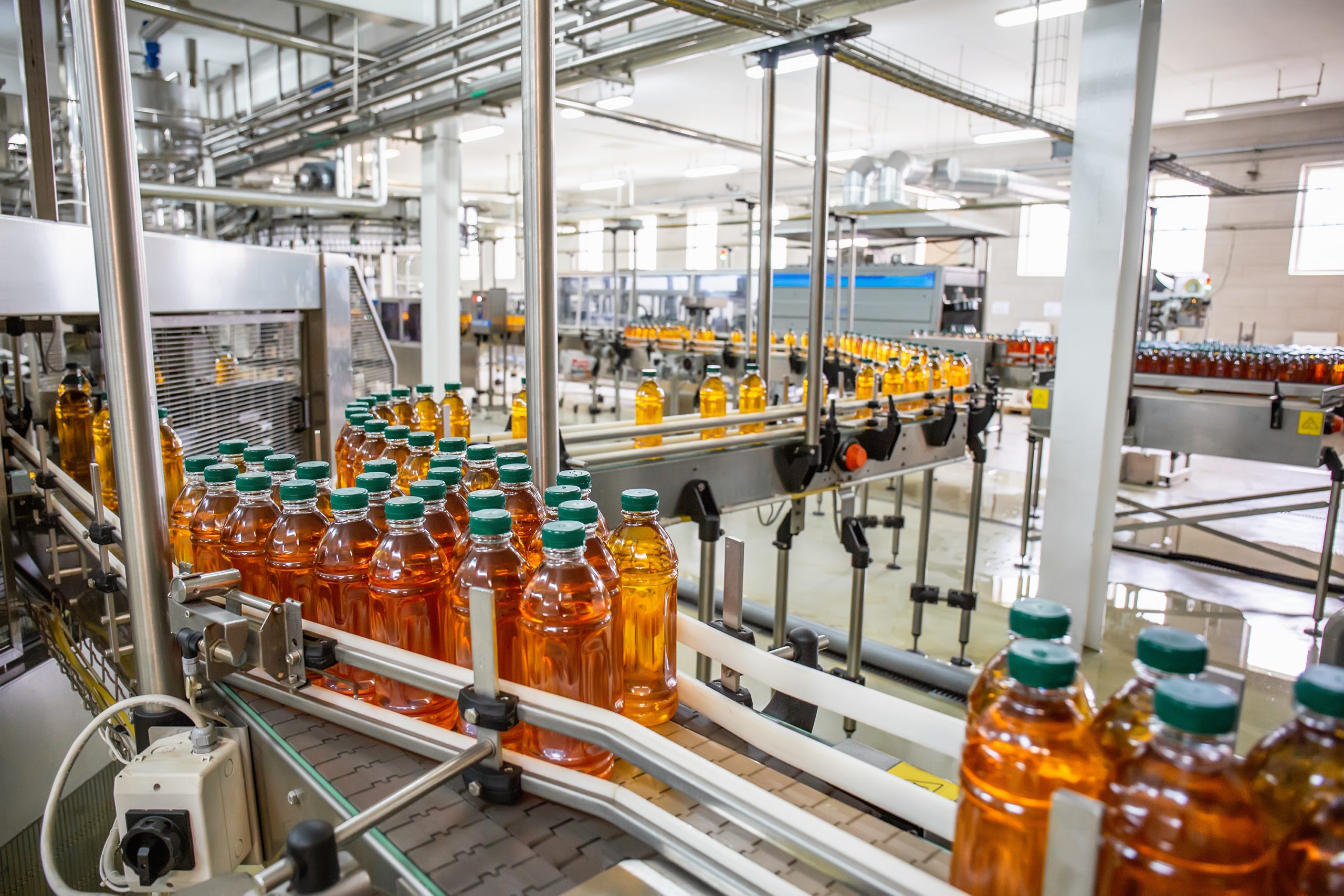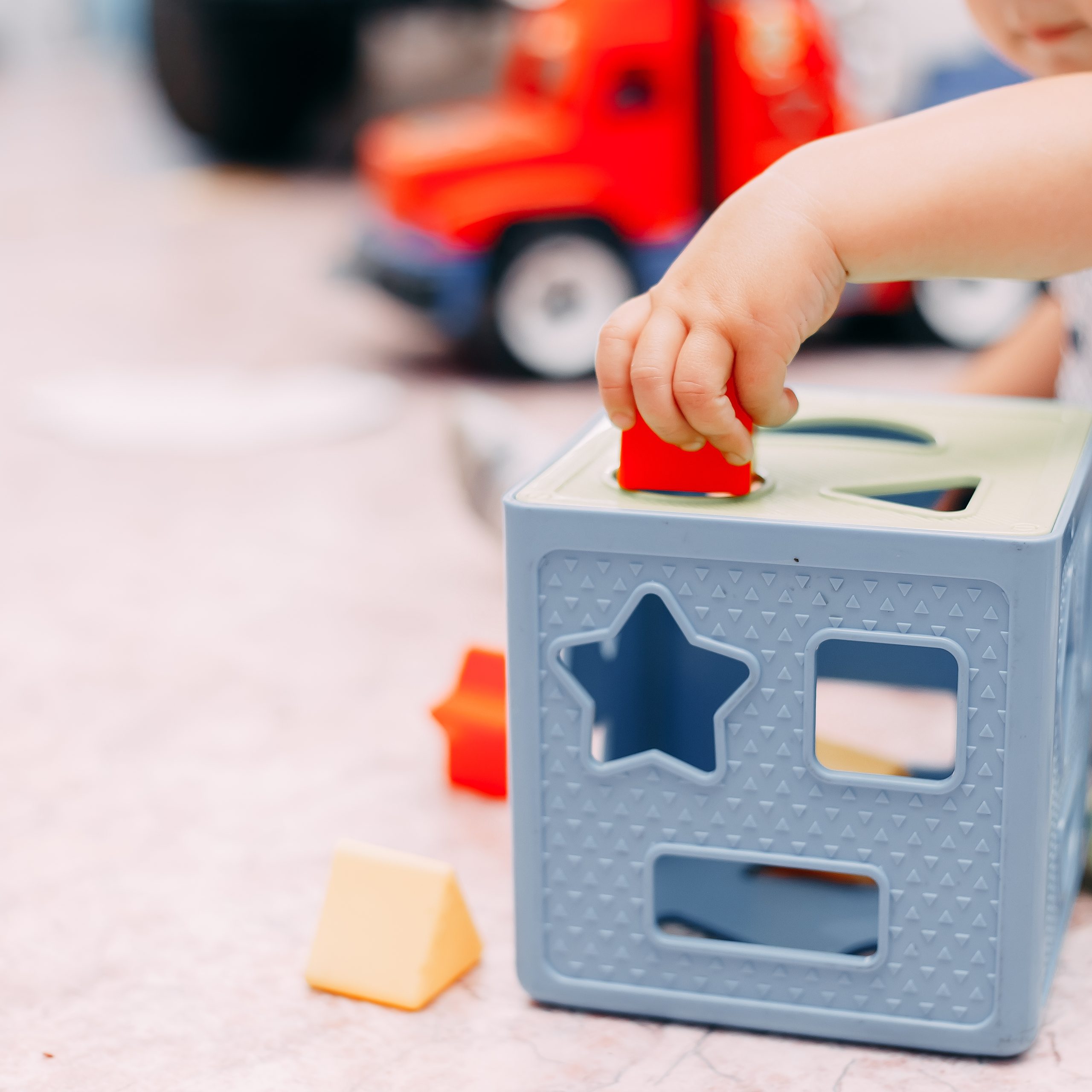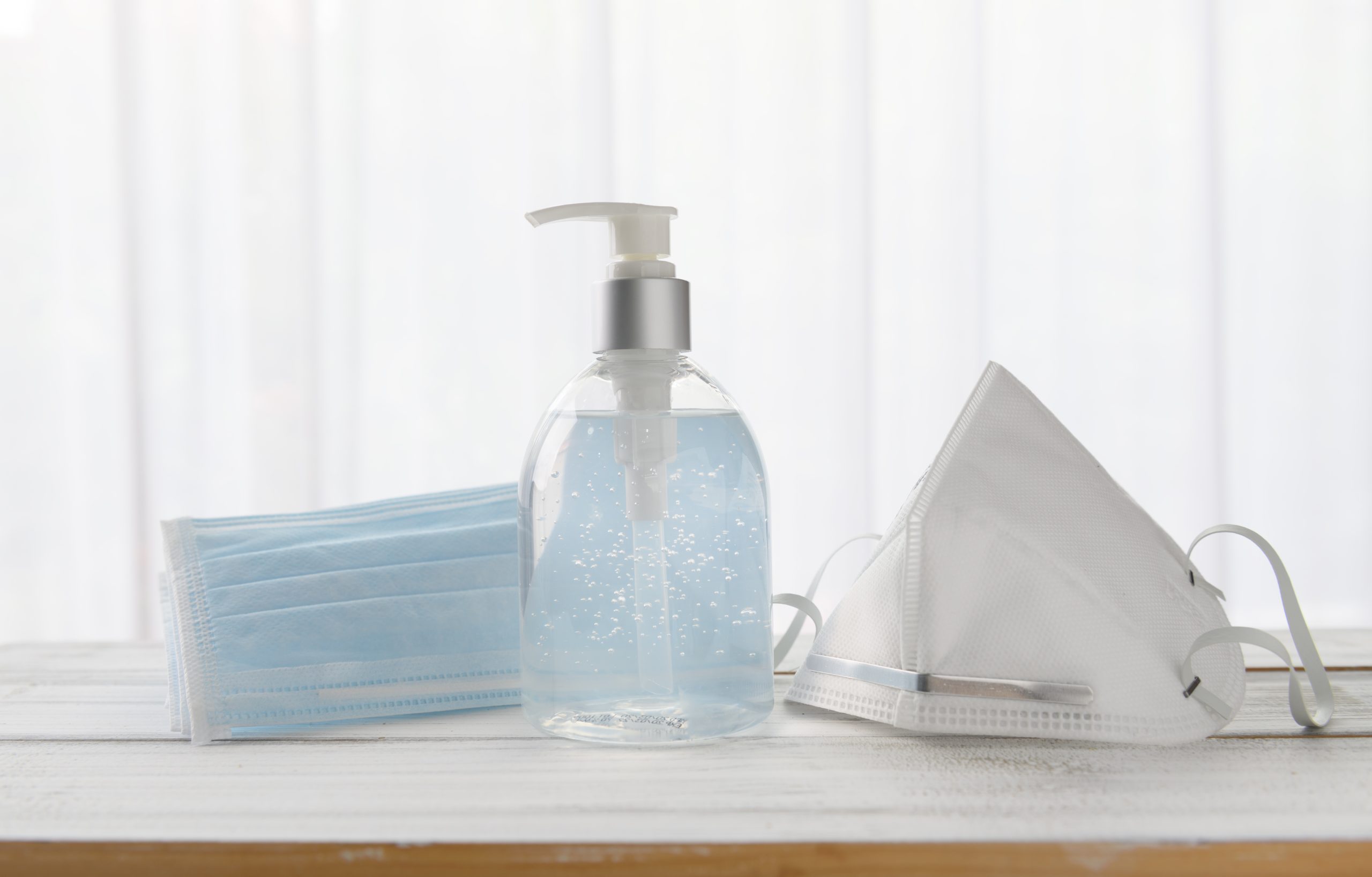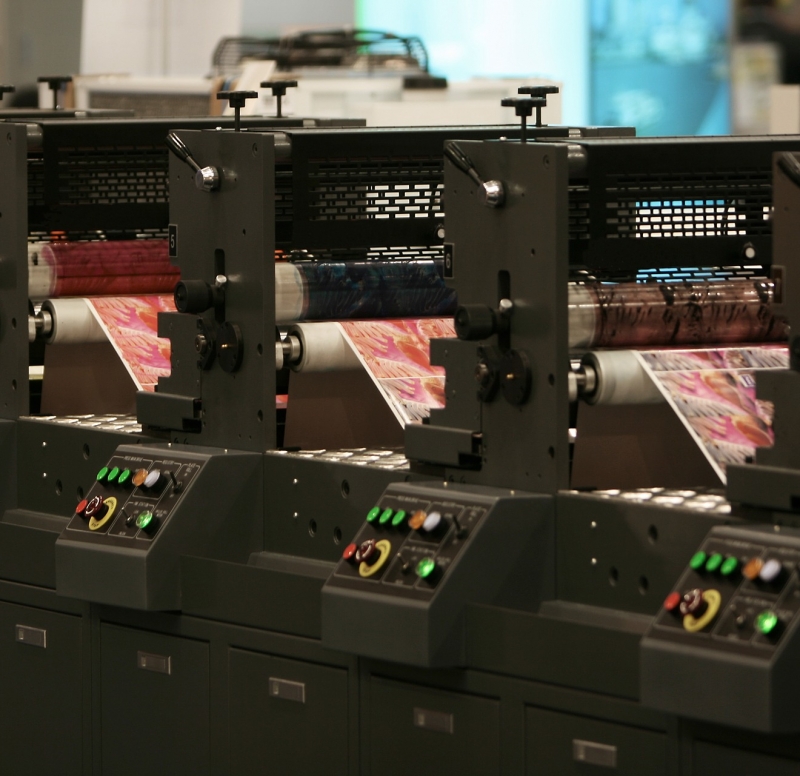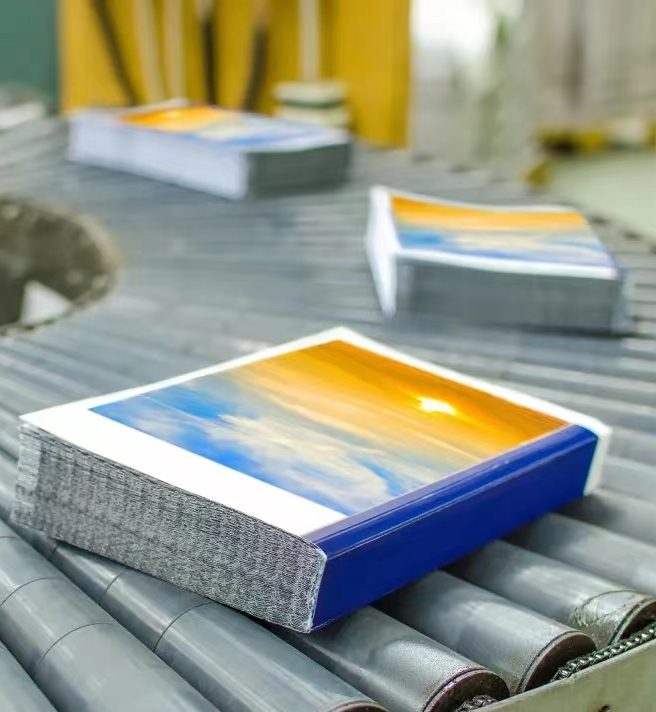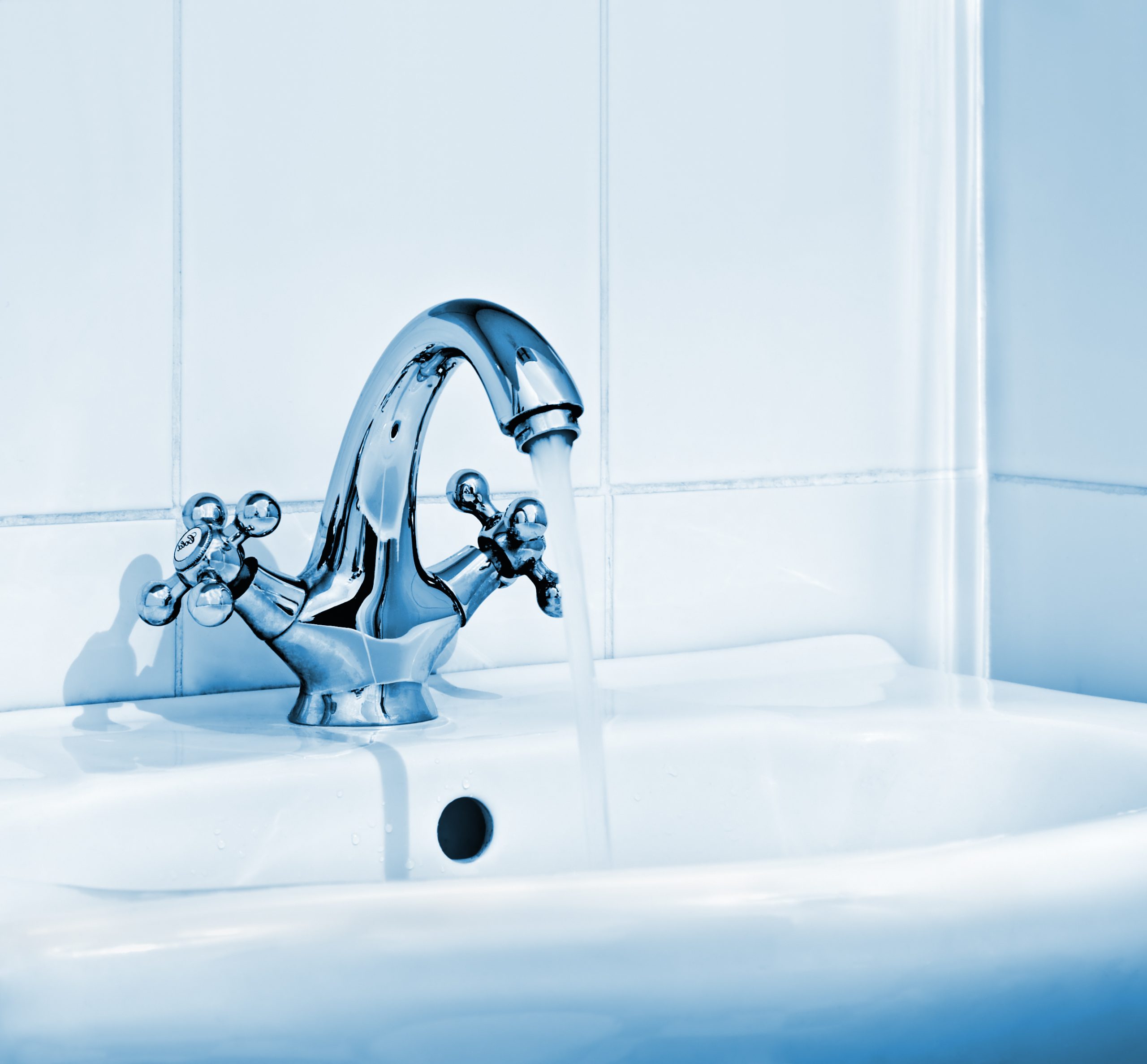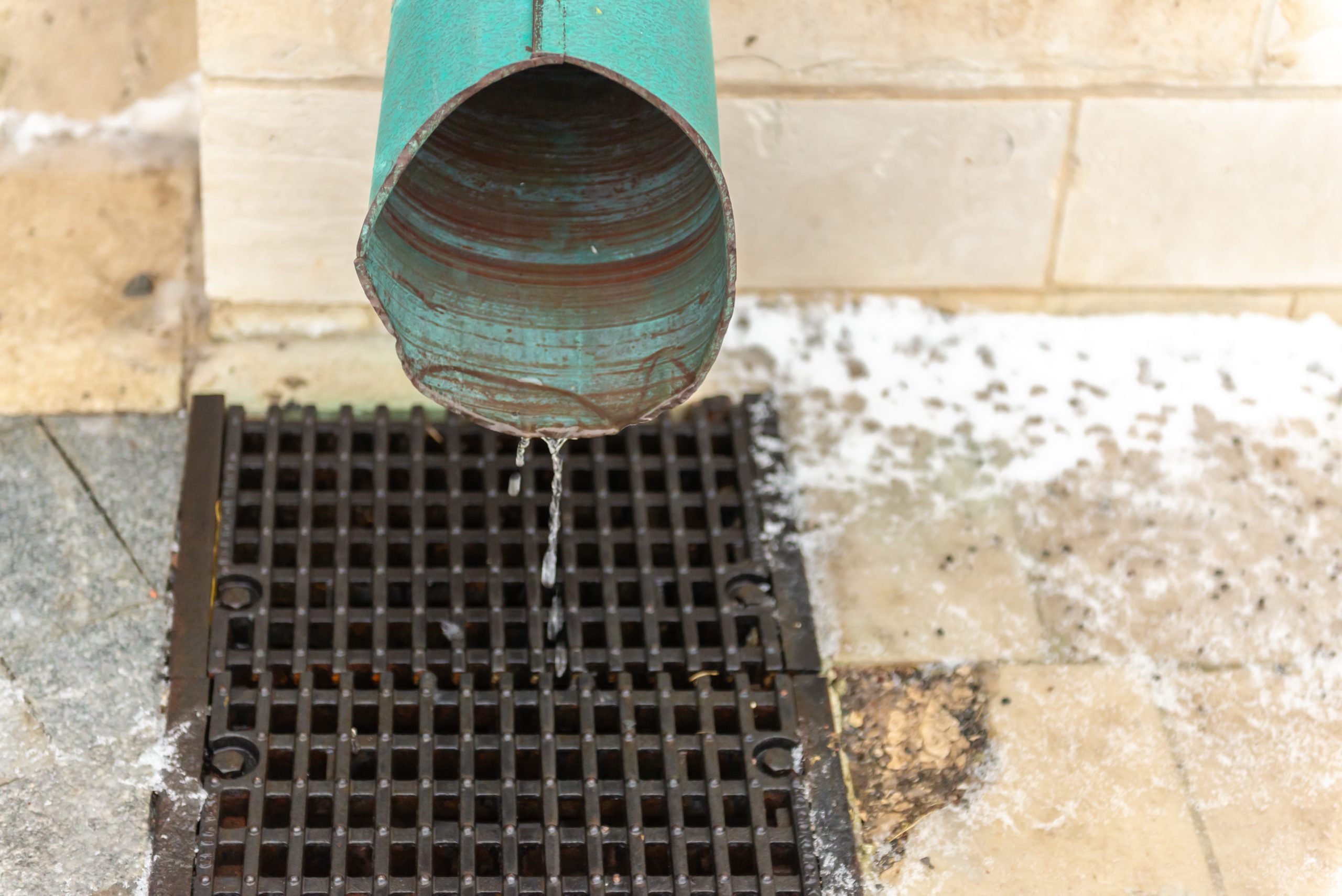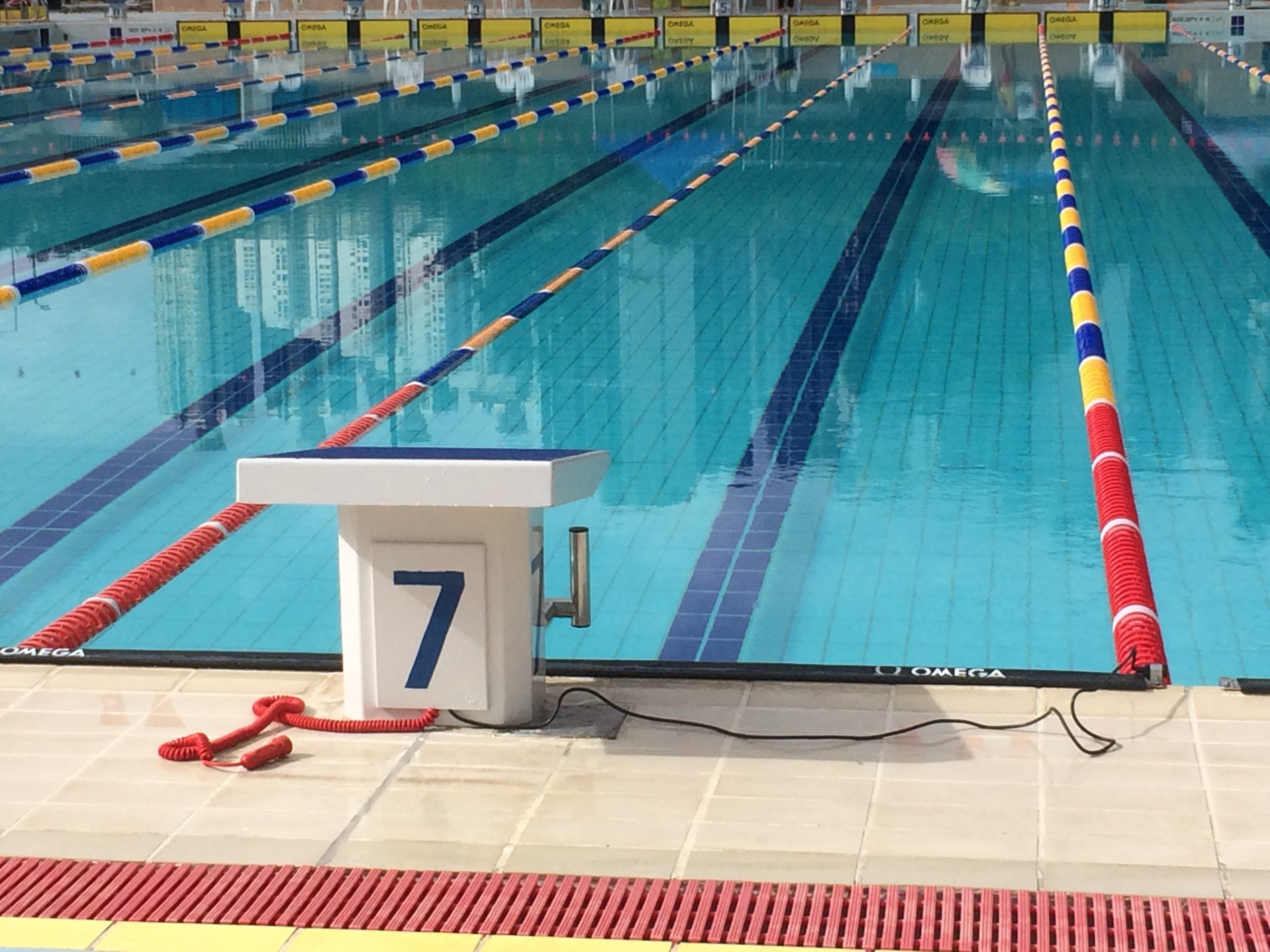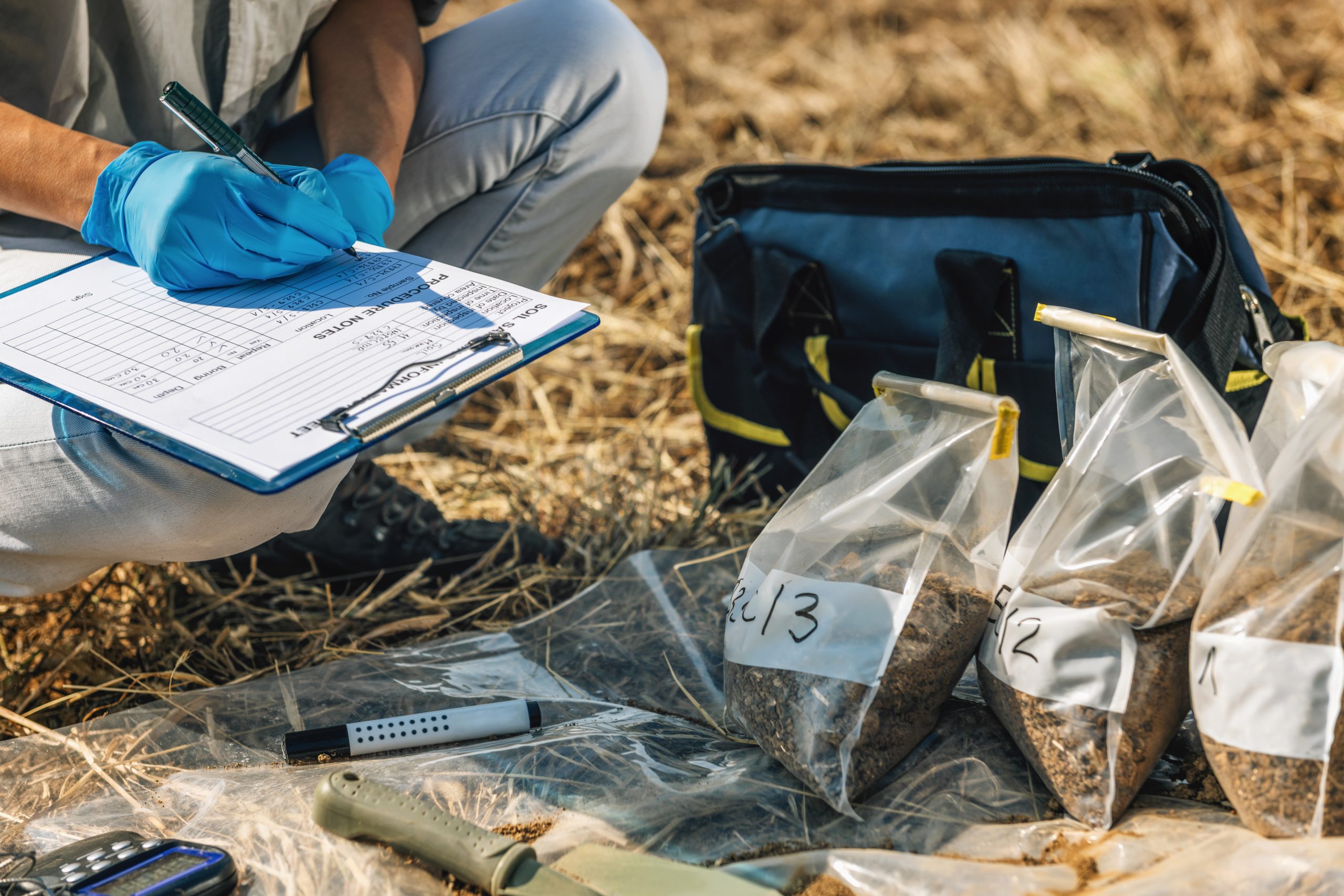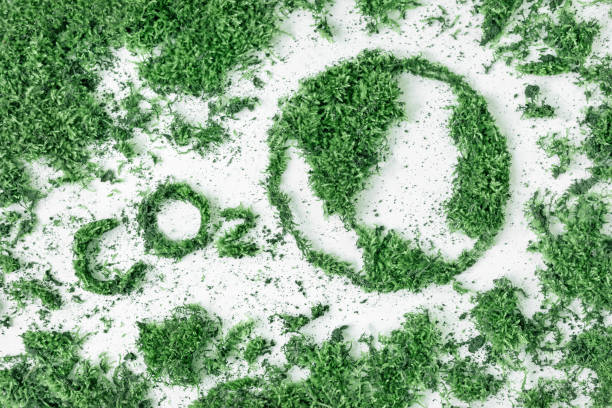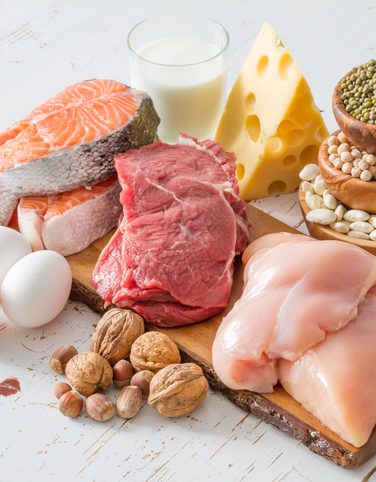Food Contact Material (FCM), in general, refers to all materials and articles intended to come into direct or indirect contact with food, such as tableware, kitchen utensils, food packaging bags, etc. It also includes materials used in processing equipment, such as coffee makers or production machinery, as well as the containers used to transport foodstuffs, all are known as food-contact products.

About
Our Service
At present, food safety issues caused by food contact materials containing harmful substances frequently occur and have aroused widespread public concern, especially when it comes to the use of industrial chemical compounds. While paying attention to food safety, the use of food contact materials and security issues are increasingly being paid more and more attention by consumers.
By prioritizing the safety of food contact materials, CMA Testing can safeguard consumers from potential health hazards, maintain the integrity of our food supply chain, and instill confidence in both businesses and consumers alike. There are safety regulations and testing requirements in different parts of the world, ensuring that the food we enjoy is safe for consumption.
1. European Union (and UK) – 1935/2004 and 10/2011, BS 6748, and BS 8654: Regulations for materials and articles intended to come into contact with food (ceramics/glassware, plastic, rubber, organic coating, wood, metal, alloy, and paper testing).
2. United States – FDA
a) Code of Federal Regulations, CFR Title 21 for plastic, coating, paper, and paperboard testing.
b) Compliance Policy Guide for ceramic ware, glassware, enamelware, and silver-plated tableware.
c) Generally recognized as safe (GRAS) for stainless steel.
3. Japan – Food Sanitation Law
• General specifications
• Material specifications (plastic, rubber, metal, coating, glass, ceramics)
• Application and purpose (apparatus: tableware, kitchen utensils, machines, implements, containers, and packaging)
• Synthetic Resin and Additives White List System
4. China: Food Safety Law
• GB 9685: Testing requirements for food contact material
• GB 4806: Testing requirements for plastic, paper packaging, ceramic, rubber, metal, and glass.
5. Canada – Consumer Product Safety Act
• SOR/98-176
• SOR/2007-30
• SOR/2009-179
6. Germany: LFGB
7. France: DGCCRF


